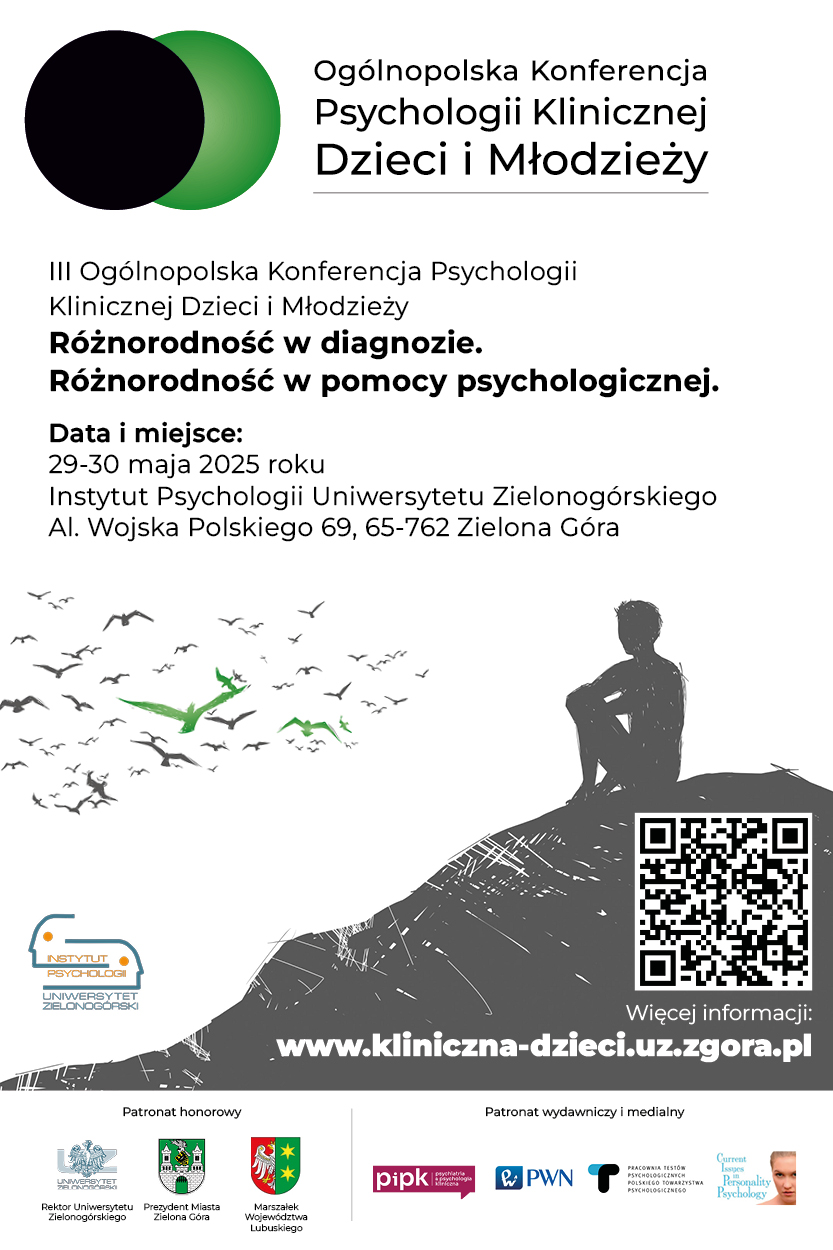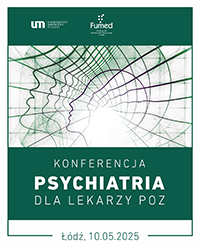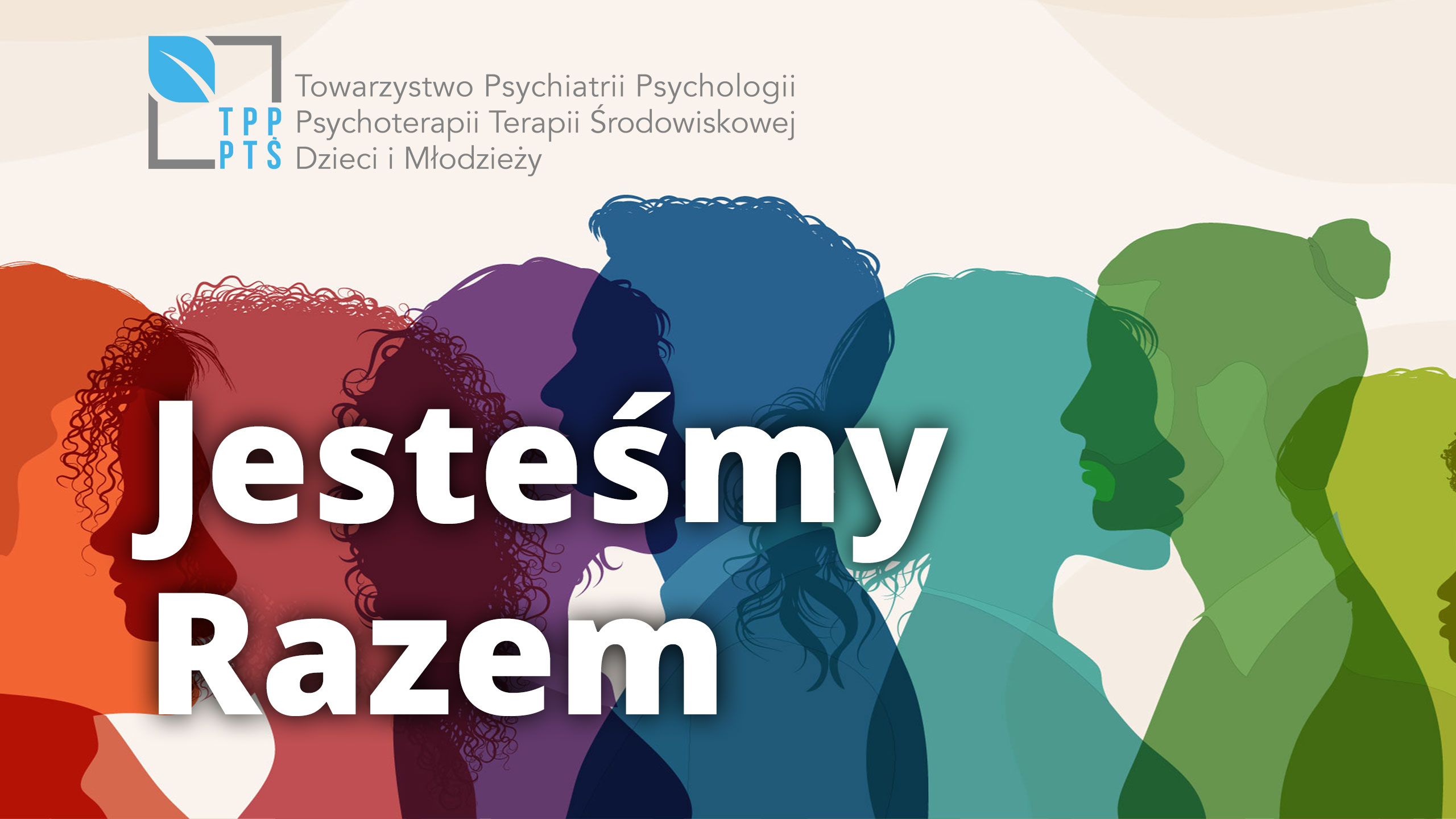Marginalisation of family life among patients in forensic psychiatry units
Joanna Fojcik1, Michał Kamil Górski2, Marek Krzystanek3
 Affiliacja i adres do korespondencji
Affiliacja i adres do korespondencjiIntroduction and objective: The family is the most important social unit that builds society. It is credited with procreative, nurturing, and supportive roles. However, family life takes on particular importance when, as a result of illness, a person ceases to actively participate in it and becomes marginalised. The main aim of this study was to the phenomenon of marginalisation of family life in a group of long-term isolated patients incarcerated in forensic psychiatry units. Materials and methods: The study was conducted among 100 patients in forensic psychiatry wards. A self-administered survey questionnaire was used to gather data on the frequency of contact with relatives, plans for the future, and expectations about help and support after discharge from the hospital. Results: The most numerous group of patients (70%) were those who did not have regular contact with their families, of which 20% did not maintain any contact at all, and 50% rarely contacted their families. Regular contact with the family was reported by only 30% of patients. Most patients indicated that they expected help from their families after leaving the hospital (42%). Conclusions: Patients in forensic psychiatry units do not maintain regular contact with their families, which contributes to the marginalisation of family life. The phenomenon is mainly attributed to the stigmatisation of patients and their families by society.






















